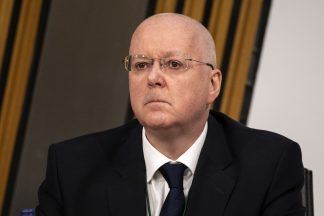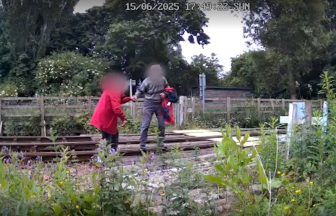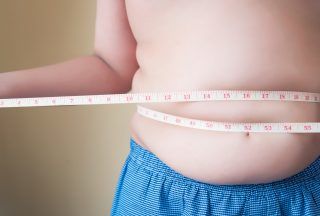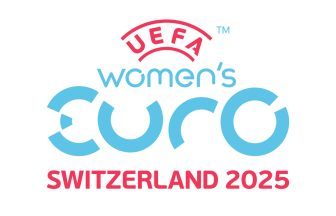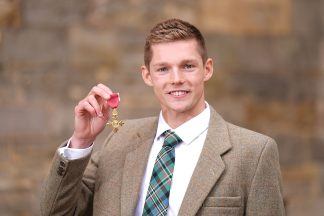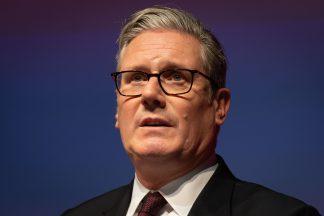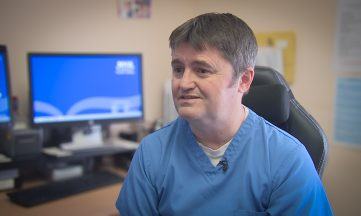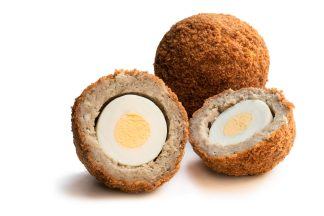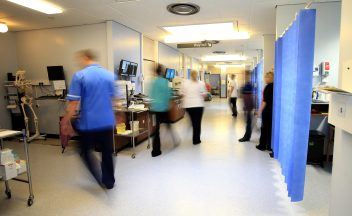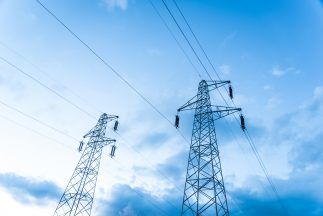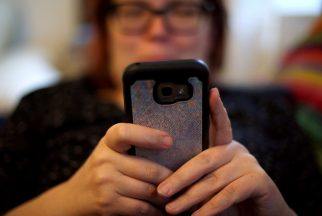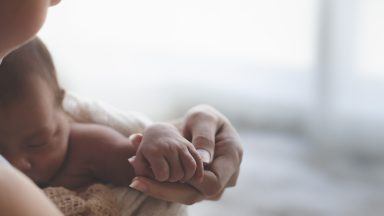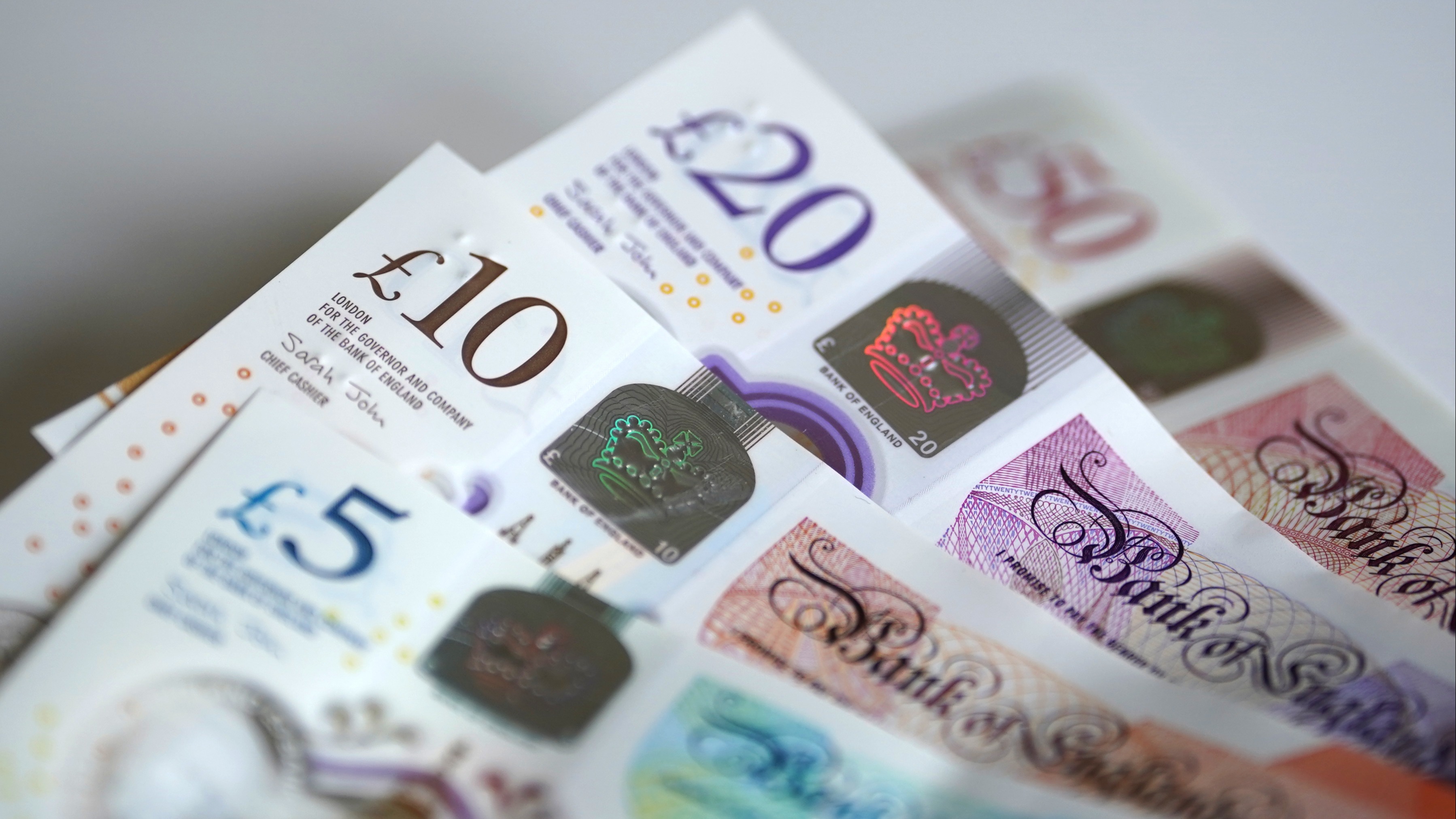The number of single women freezing their eggs has more than doubled in the last two years.
Egg and embryo freezing are now the fastest growing fertility treatments in the UK, with women paying thousands in the hope of preserving their fertility for longer.
But experts and mums who have gone through the process and experts warn such procedures are not a fool-proof guarantee of pregnancy – and carries significant risk.
‘It’s a safety net – but it has holes in it’
Danielle Gordon knew from a young age she wanted a family of her own, and in her mid 30s decided to freeze her eggs – at a total cost of around £8,000.
“The first round I got five, the second, six. I thought ‘that’s going to be a back up plan if I need it’. If I don’t meet someone I want to have children with, I have these younger eggs.
“It is an invasive process. It’s quite full on, so it’s not something to go into a light-hearted manner.”
Danielle had to undergo internal scans, regular blood tests and take hormones under clinical guidance to stimulate follicles and harvest eggs.
A few years later, she underwent IVF treatment using donor sperm and her defrosted eggs – and one of those grew into baby Cleo.
She said: “As I got into egg freezing it is a safety net but a hole-y one.
“I was very pragmatic about my future. I definitely knew I wanted children. But you have to be prepared there are no guarantees.
“The clinic told me the success rate is 4.5% and that will end up in live birth.

“It’s recommended you have 40 eggs frozen. It’s less likely you’ll get that in your 30s. I only had 11 eggs on ice.
She added: “I have heard stories where people have a good number of eggs, but all of them perished when they are defrosted. As scary as it was to know, I’m glad I had that information.”
While the number of babies like Cleo, born from frozen eggs, remains relatively small, it could be set to rise.
Since 2019, the number of patients freezing their embryos has risen by more than 50% (54% rise).
When taking into account patients with no partner, that figure has more than doubled (111% rise).
Egg storage is also becoming more popular, with a 25% rise in patient numbers.
How egg freezing works
Patients are given hormones to stimulate the development of their eggs for collection.
The eggs will then be taken into a embryology lab, where they can be fertilised with sperm to create embryos.
Those embryos will then be cultured and monitored for around five to six days, or eggs can be frozen in liquid nitrogen and stored for future use.
Professor Abha Maheshwari, director of Aberdeen Fertility Centre, cautions against relying on the procedure.
She said: “It is seen as an insurance policy but I would guard against that. There is no guarantee of pregnancy after any number of eggs.
“It’s expensive, invasive and it takes a huge amount of time.
“There are risks including hyperstimulation, though it doesn’t happen very often. Age is the most important factor determining success of treatment.”
‘I can’t remember life before Cleo’
Danielle and Cleo are a success story, but they don’t stand alone; the pair will be meeting up with donor siblings in the summer.
Danielle said she has been encouraging as ‘many of her male friends as possible’ to donate their sperm to fertility clinics.
“It’s such an amazing gift to be able to give people that want to have a family,” she said.
“Cleo is super joyful. She brings people joy, especially me.
“She has changed my life completely. I can’t remember what it was like before.”
Follow STV News on WhatsApp
Scan the QR code on your mobile device for all the latest news from around the country




